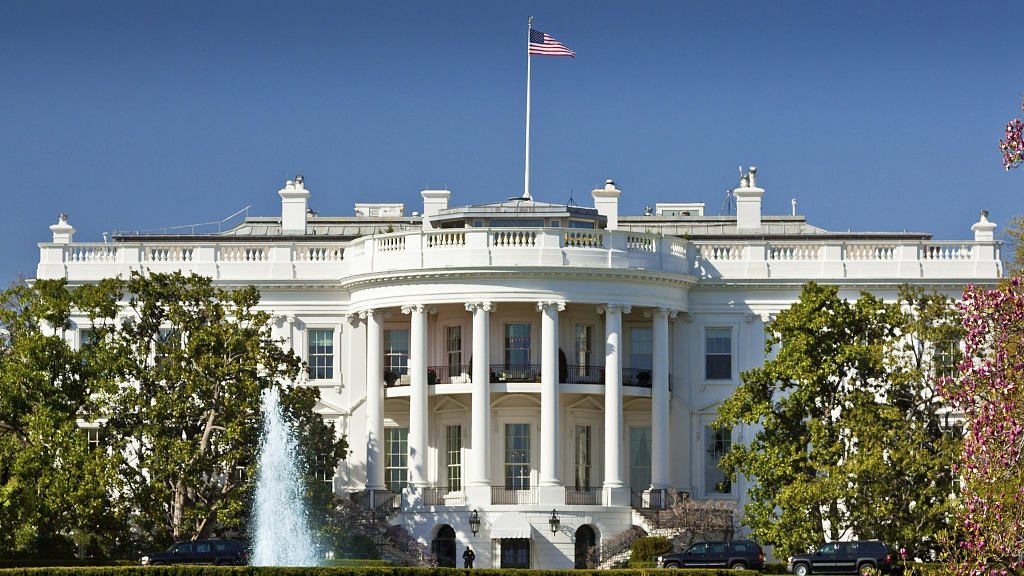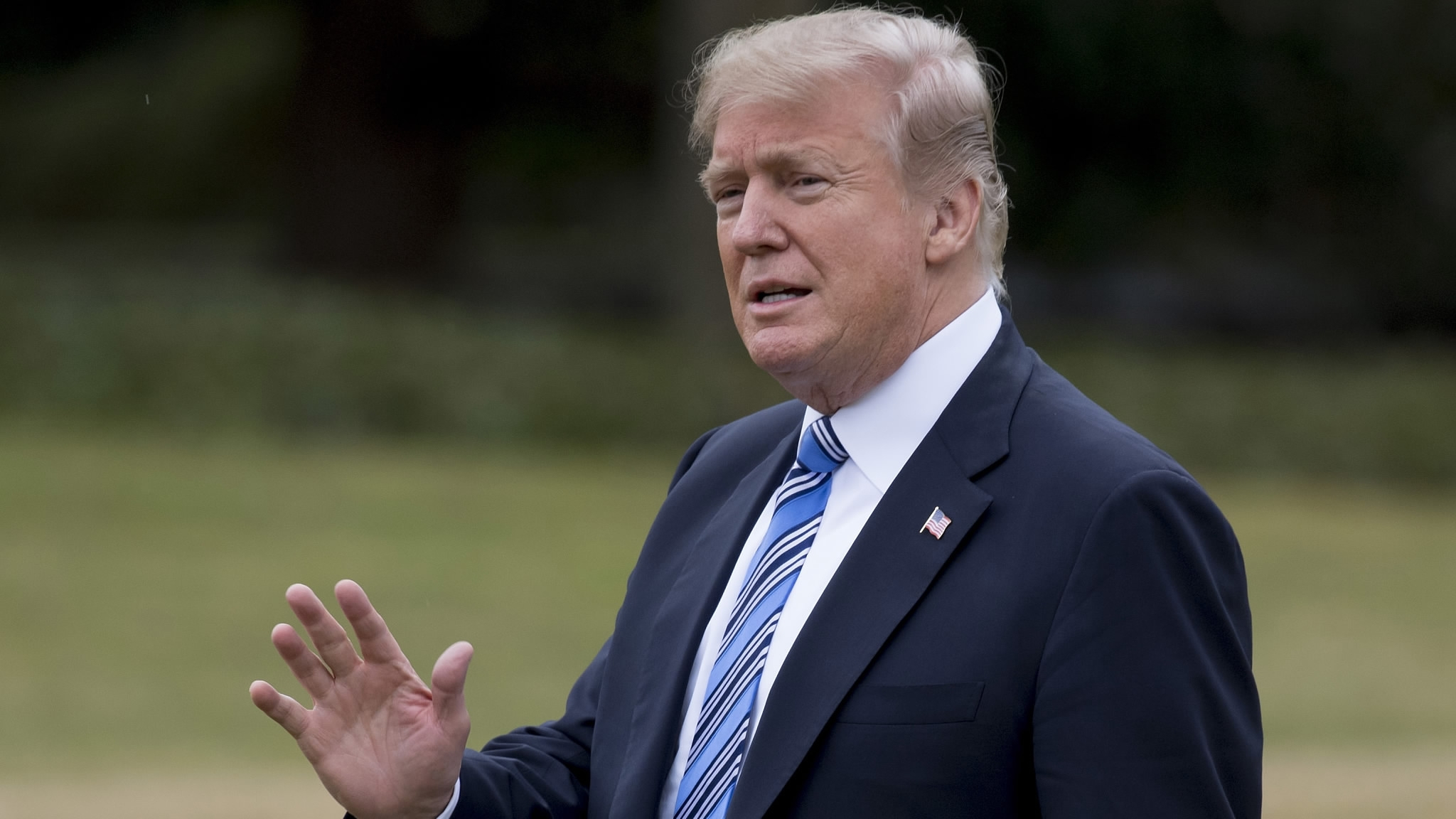
Editor's note: John Gong is a research fellow at Charhar Institute and a professor at the University of International Business and Economics. The article reflects the author's views and not necessarily those of CGTN.
President Trump's tweet on February 18 that he will not allow the "always used National Security excuse" to be used to block sales of GE jet engines to China is laudable amid a series of bad news lately of Washington's technology decoupling actions with China trumpeted by a group of hardcore cold-war cabalists within his administration.
This will probably also end all speculation over the administration's possible attempts to block semiconductor sales to Huawei by foreign manufacturers who use equipment and machinery made by U.S. companies such as Applied Materials and KLA-Tencor, as he said in the tweet that he didn't want to make it "impossible to do business with the U.S."
While it is comforting to see that Trump claims to view the national security issue related to the China exports matter as nothing more than an "always used excuse," it, in fact, still begs the question as to whether President Trump's stance reflects a realism argument that China would source the jet engine from other countries anyway or rapidly develop an indigenous solution of its own, or he really believes in what he actually said in the tweet for a pro-business argument that he wants the United States to be open for business and to sell?
If the answer is the first case, it means that Trump is still firmly in the decoupling camp with his cabinet cabalists other than questioning their strategy's effectiveness in this case. If the answer is the second one, it means that he still believes in trade and globalization which is very different from the current one that we are used to – an order that is U.S.-centric, very much state-driven managed trade, and overly emphasizing exports over imports.
In the history of world trade, we have an academic term for it – mercantilism trade theory, which was popular among major European powers roughly from 1500 to 1800. This is not surprising as the Trump administration is noted for trying to address a 21st century problem with a 19th century solution.

U.S. President Donald Trump. /VCG
U.S. President Donald Trump. /VCG
Nevertheless, even mercantilism stands on much higher moral ground than isolationism these days in Washington.
My answer to the above question is a mixed bag. In my view, Trump earnestly believes in technology decoupling with China. But he also understands that technology decoupling will inevitably fester into business decoupling, which will ultimately hurt corporate America's interests as well, and this is what he can't afford to ignore these days as he is quickly moving into the presidential election season.
Therefore, at the end of the day, Trump is a down-to-earth realist, never being a principled man in his entire life. He weighs things, evaluates options, improvises solutions, bluffs and haggles hard. That is his signature work style.
In light of the above analysis, what would you do if you are sitting on the board of Comac, the company that is currently developing the C919 jet plane in the class of Boeing 737 and Airbus 320 series?
There is a long list of critical systems produced by American companies other than the CFM engine from the GE-Safran joint venture that are currently used for C919. For example, the avionics is from Honeywell. The landing gear is from Liebherr.
My advice is to work for the best and plan for the worst, just like what Huawei has been doing for the last few years. On the one hand, try to develop the best working relations with these great American companies. On the other hand, prepare for the rainy days. Who knows what is going to come out from those cabalists who used to lead and manipulate the CIA.
Developing indigenous backup solutions for every system coming from the Americans should never be put on the backburner.
(If you want to contribute and have specific expertise, please contact us at opinions@cgtn.com.)